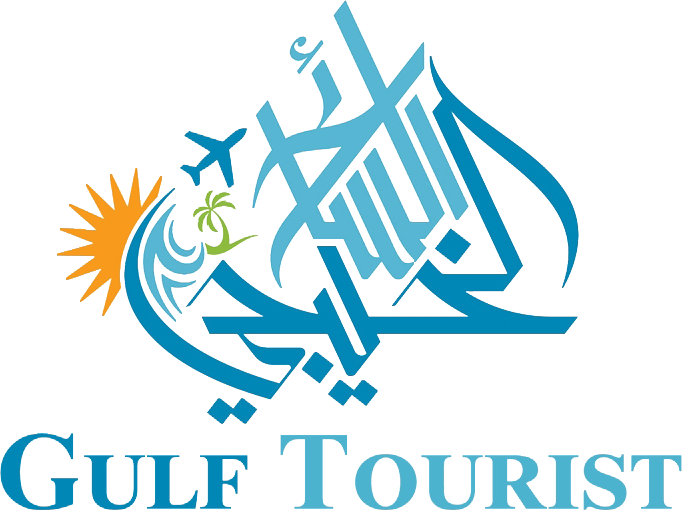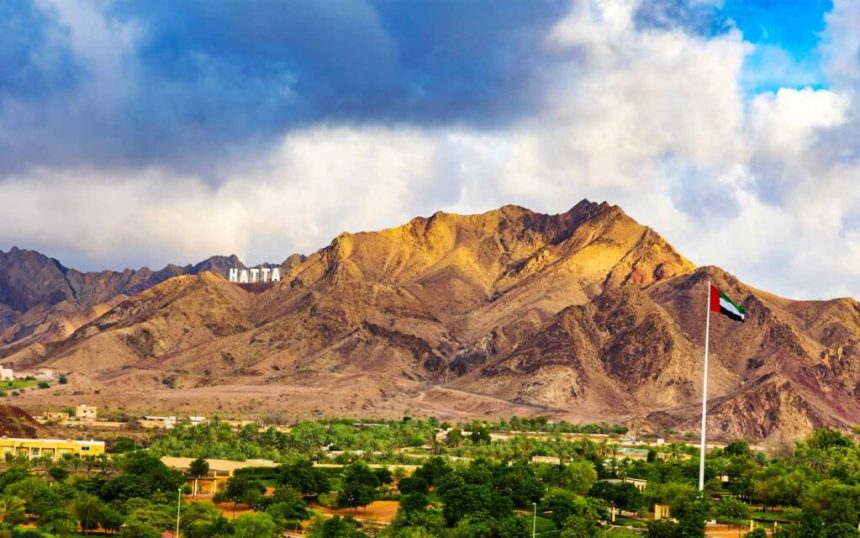The Ministry of Climate Change and Environment in the United Arab Emirates (UAE) has recently launched a plan to position the UAE as a global destination for environmental tourism, categorized as one of the most ambitious initiatives of its kind worldwide.
The National Environmental Tourism Project, announced this month by Dr. Thani bin Ahmed Al Zeyoudi, the Minister of Climate Change and Environment, aims to promote the growing portfolio of environmental tourism attractions in three phases focusing on environmental, economic, and social projects.
The first phase includes a promotional campaign centered around the theme “Nature Treasures in the UAE,” showcasing 43 natural reserves in the country.
The subsequent phases of the project involve promoting sustainable tourism options, including eco-friendly flights, hotels, beaches, and campsites throughout the UAE.
The UAE takes pride in possessing one of the largest percentages of protected areas per land area globally. On average, natural reserves distributed across 130 countries worldwide constitute only five percent of the Earth’s total land area. Nevertheless, the UAE’s protected area accounts for 14 percent of its total land area.
One of the significant additions to the UAE’s reserves is the Marmoom Reserve project, located on the outskirts of Dubai, covering over 10 percent of the total area of the emirate.
The reserve hosts a wide and diverse range of endangered animals and birds, incorporating sections dedicated to education, environmental awareness, tourism, and recreation.
The reserve is home to over 204 species of native birds, including 158 species of migratory birds, and features over 10 kilometers of lakes, including the Qudra Lakes.
It also houses 26 species of reptiles, 9 mammal species, and 39 plant species, providing a sanctuary for 19 species of endangered animals and birds.
The reserve boasts the largest congregation of Greater Flamingos in a desert region in the country, with up to 500 birds.
Additionally, the reserve includes the archaeological site of Saruq Al Hadid, dating back 3,000 years.
Furthermore, the reserve serves as a nursery for the largest plant nursery in the UAE, spanning 40 hectares. The nursery functions as a training and educational center for school students, universities, researchers, and academics involved in the field.

